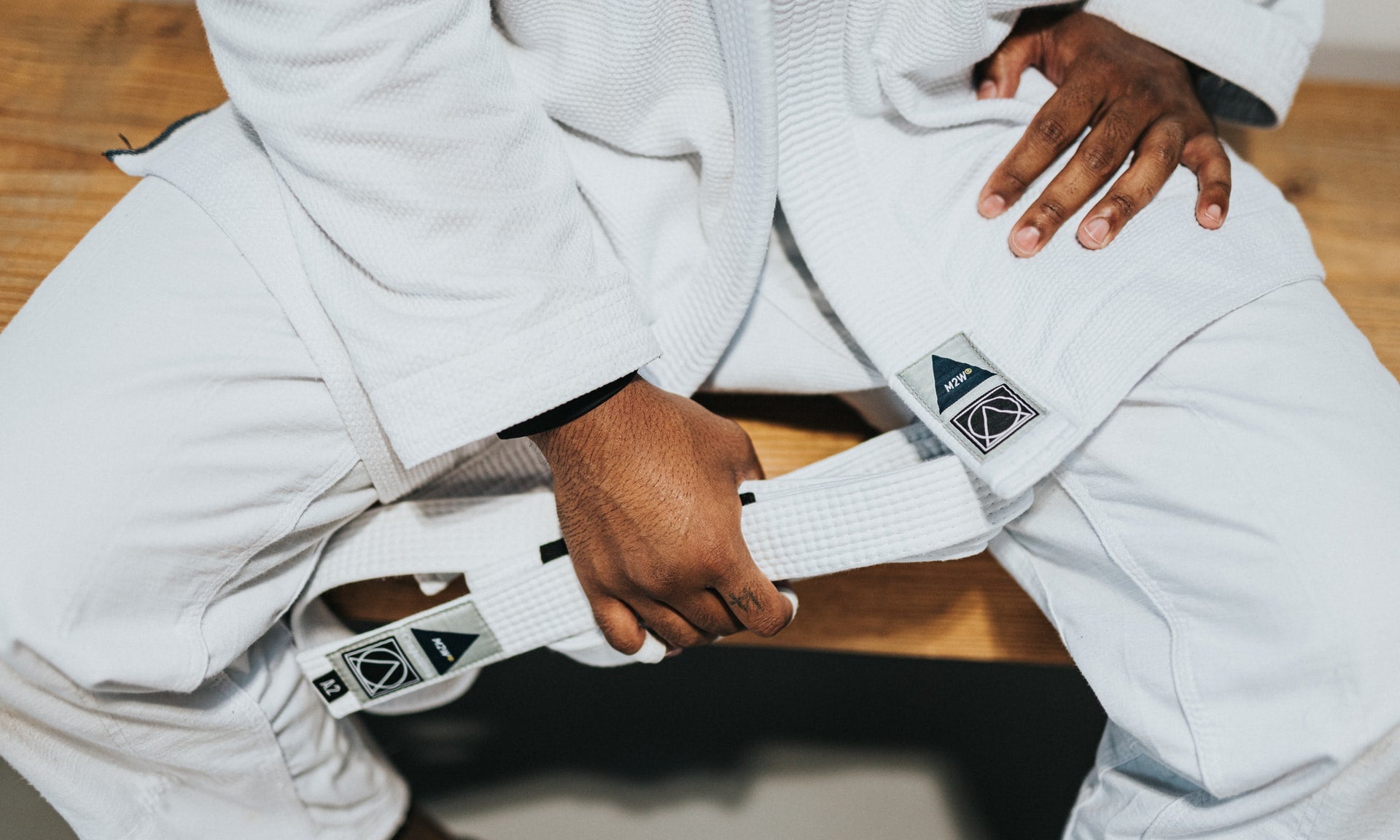Many people wrestle with writer's block when working on a presentation, article, or blog post like this one, but it isn't just scribes who struggle with mental obstacles. Every kind of creator runs into dead ends from time to time, and such roadblocks can often seem insurmountable, leading to disenchantment, frustration, and halted progress. In this post, we'll share tips from three successful authors that will get you unstuck and help you overcome what Pressfield calls "the Resistance" that's holding you back from making your best work.
Dig into Discipline
We all love stories of people who overcame the odds to success in their chosen endeavor, but sometimes these tales can be told in a way that overlooks the persistent effort and grit it took to reach the summit. In the words of radio performer and comedian Eddie Cantor, “It takes 20 years to make an overnight success.” With this in mind, one of the best ways to consistently win the war against creative inertia is to commit to doing something purposeful every single day. Sure, there are outlier situations where an artist got on a hot streak and banged out a masterpiece – such as when Sylvester Stallone finished the script of Rocky – which went on to garner 10 Academy Award nominations and three wins, including Best Picture – in just three and a half days. But as great as it would be to capture lightning in a bottle like this, the slow and steady approach is what effectively generates and sustains momentum for most creators.
One such example is author Francine Mathews, who has published over 30 novels since making her longform debut in 1992, including The New York Times-bestselling Jack 1939, which imagines a youthful JFK being dispatched on a fact-finding mission about the Nazis by FDR. On her website, Mathews states that building in discipline to her writing routine is the way she invokes her creative muse:
“I have the luxury of ordering my days. But that also requires a measure of discipline,” she revealed. “With the privilege comes the responsibility not to misuse it. I could plant bulbs all day. I could read cookbooks. I could needlepoint while my children build with Lincoln Logs. But instead I sit down at the computer every morning of my life and wait for the words to come. They have never failed me yet. It’s my bargain with the medium, with the rush from outside or within, that if I sit there, the words will grant me their blessing.”
Put an End to Procrastination
One of the byproducts of feeling creatively blocked is putting off the writing, designing, painting, or whatever we want to advance for a day when we feel the artistic juices flowing more readily. We’ve all been there, but the trouble with pitching a tent in such a sentiment is that if we do it often enough, we lose all the momentum that we’d worked so hard to build up previously and come to a grinding halt. As we know from Newton’s laws of motions, it takes much more energy to get an object moving from a dead stop than to maintain its progress when it’s already rolling. The reason? Inertia.
In other words, it’s better to commit to at least creating a little bit daily than to pursue a stop-start-stop approach whereby procrastinating becomes a default for an increasing number of reasons. In his profound book The War of Art, author Steven Pressfield wrote: “The most pernicious aspect of procrastination is that it can become a habit. We don't just put off our lives today; we put them off till our deathbed. Never forget: This very moment, we can change our lives. There never was a moment, and never will be, when we are without the power to alter our destiny. This second, we can turn the tables on Resistance. This second, we can sit down and do our work.”
Avoid Zero Days and Advance the Ball in Other Ways
If you’re working on an important project – such as directing a film, composing a doctoral dissertation, or recording an album – you might be wary of putting Pressfield’s and Mathews’s advice into action on days when you don’t have the time or inclination to make some additive contribution to the work itself. But this doesn’t get you off the hook completely. Perhaps you could do some additional research, schedule an interview, or try to disprove an assumption that you suspect to be false. Or if you’ve got a supply roadblock like running out of paint or printer ink, go grab what you need so that you’re unblocked when you return to the main project tomorrow.
In his bestselling book Atomic Habits, James Clear comments on the need to sustain forward progress through the analogy of getting fit: “You don’t realize how valuable it is just to show up on your busy (or bad) days. Lost days hurt you more than successful days help you...This is why the ‘bad’ workouts are often the most important ones. Sluggish days and bad workouts maintain the compound gains you accrued from previous good days. Simply doing something – ten squats, five sprints, a pushup – anything really – is huge. Don’t put up a zero. Don’t let losses eat into compounding. Furthermore, it’s not always about what happens during the workout. It’s about being the type of person who doesn’t miss workouts.”
The same can be said for becoming someone who doesn’t cut and run from creating when they’re feeling uninspired. The kind of compounding gains that Clear commented on with regard to gym sessions can be applied to every artistic endeavor. Write one page a day and you could finish a whole book per year. Record 30 seconds of footage and you might finish a short film in just a few months. Take a couple of good photos and you could build out your portfolio before you know it. When you become the kind of creator who is consistent, disciplined, and committed to always doing something constructive, you will have to fight fewer battles with writer’s block, inertia, and the Resistance. As a result, you’ll start producing better results faster and keep growing over the long haul.




















